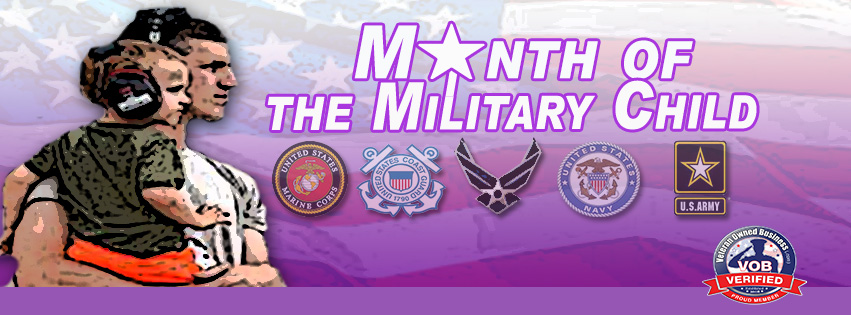Study Shows Sleep or Lack of Plays Important Role in PTSD
Attention Veterans and Supporters:
Researchers Report Lack of Sleep May Effect PTSD Symptoms and Seeking Treatment May Be Beneficial

During a roundtable discussion on the role of sleep in PTSD during a recent “Military Health System Research Symposium” in Ft. Lauderdale, FL the Director of the Military Operational Medicine Research Program, Army Col. Castro said that as many as 90% of soldiers returning from deployment report suffering from disrupted sleep. While not all of those soldiers require treatment or report Post-Traumatic Stress Disorder, Military Health officials are now studying what effect sleep, or more importantly, the lack thereof, plays in the illness and how to keep our warfighters healthy.
The Army estimates as many as 10-17% of soldiers who deploy may suffer from PTSD. Sleep disruptions, including insomnia and nightmares, are common symptoms of PTSD. Keeping a normal sleep schedule can be tough to maintain in a combat zone. Long-term sleep disruption can have a cognitive effect that reduces response times.
“Complicating the issue, people who don’t sleep well immediately before or after a traumatic experience have greater instances of PTSD,” said Dr. Anne Germain, an associate professor of psychiatry at the University of Pittsburgh. Germain, who studies sleep disturbances in PTSD, is collaborating with the military’s work on the issue.















